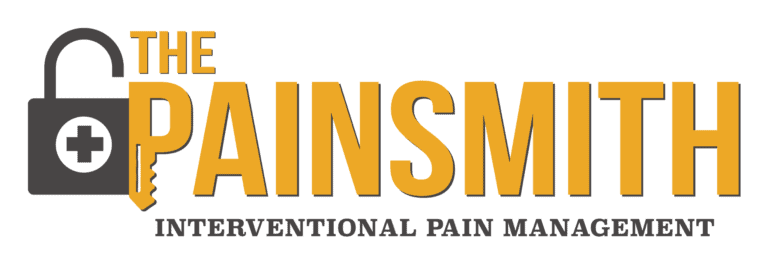The New Year is a time for reflecting on the past and looking towards the future. For many of us, the arrival of a New Year means setting resolutions to improve our lives in various ways. You may resolve to start exercising regularly, quit smoking, eat better, or read more books.
However, if you are struggling with chronic pain, it may be difficult to focus on anything else. Luckily, there are many habits you can start that can help manage your chronic pain and improve your overall health! Here are some of Dr. Smith’s recommendations for improving your health in 2024!
Keep It Moving
If you’re struggling with chronic pain, especially back pain, knee pain, or joint pain, exercise can be an important piece of your treatment and recovery. Walking, swimming, biking, and yoga are all easy, lower-impact exercises that can help kickstart your fitness journey.
Typically, a 20 to 30-minute workout, done 3 to 5 times a week can provide aerobic and cardiovascular benefits. If you have more severe pain, you may want to start with shorter blocks of exercise (5 to 10-minutes), and gradually work up to a more intensive routine.

Balance your Diet
“You are what you eat” as the saying goes. Along with medical treatments, your diet is an important part of your health regimine. Research has shown that an anti-inflammatory diet can be beneficial for people struggling with pain.
Inflammation is a normal and healthy process that is part of our immune system to fight off illness. However, when the body becomes chronically inflamed this can contribute to various diseases and conditions.
A balanced diet can positively impact your mood, sleep, digestion, immune system and energy levels. Focus on whole grains, leafy greens, fresh fruits, and lean proteins. Watch out for high-fat, high-sugar, overly processed foods that can trigger inflammation.
Kick Butt(s)
Quitting smoking is good for your health – and it can help with chronic pain. Smokers are nearly three times as likely to get lower back pain. Smoking may aggravate abdominal pain and joint pain, as well. In fact, smoking may increase pain sensitivity in general.
Tobacco also impairs the delivery of oxygen-rich blood to your bones and tissues. This decrease in blood and nutrients can cause degeneration, in the discs of the spine. This can result in lower back pain and even osteoporosis. Smoking has also been linked to fatigue and slower healing, which can make painful conditions worse.
Relax
Dealing with chronic pain can be very stressful. And all of that stress, tension, and anxiety can exacerbate chronic pain. Relaxation techniques such as deep breathing, meditation, yoga, and therapy can help improve the physical and emotional toll of chronic pain. Studies have shown that relaxation techniques can reduce pain intensity and increase pain tolerance. It may also improve your overall mental health and mood.
Get a Good Night’s Sleep
- Set a routine. Go to sleep at the same time each night and try to wake up around the same time too.
- Use relaxation techniques to help your nervous system calm down and get ready for sleep.
- Reduce screen time at night. The light from your TV or phone screen can interfere with your natural melatonin production.
- See a professional. If you have anxiety, sleep apnea or other sleep issues, you may need to see a medical professional to get the care you need.
Managing chronic pain and your overall health and wellness can go hand-in-hand. New Year’s resolutions to improve your overall health can also help you manage your chronic pain. You don’t have to change everything about your lifestyle on January 1st, even small changes can make a big difference in your health. As always, be sure to consult with a healthcare professional before starting any new health or exercise regimen.
If you have back pain, joint pain, neck pain, or any other type of pain, give us a call or you can request a consultation and we’ll discuss your options.

